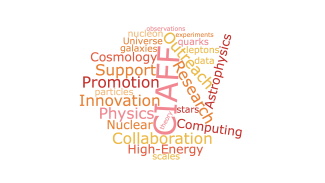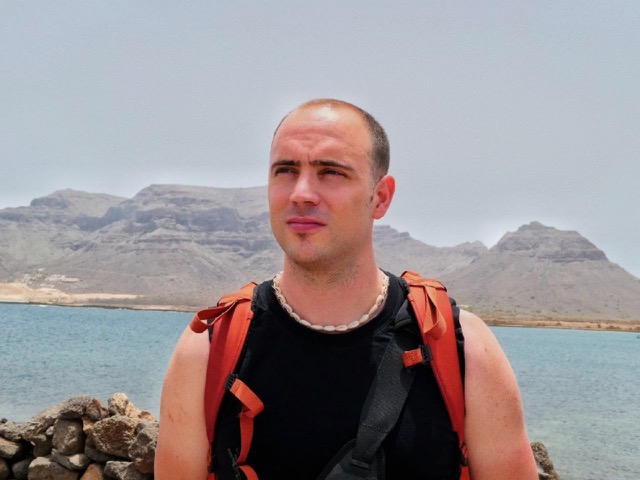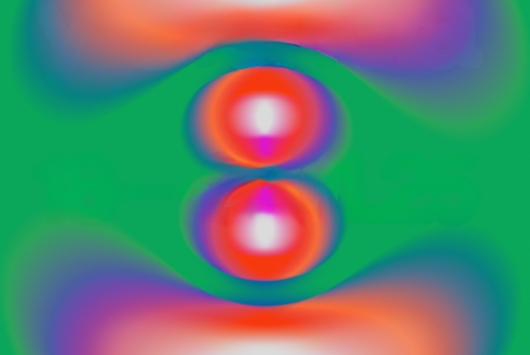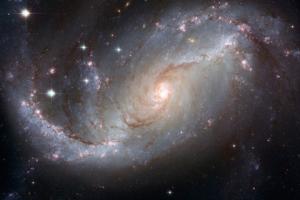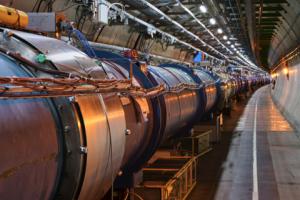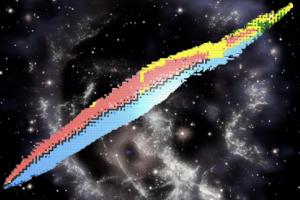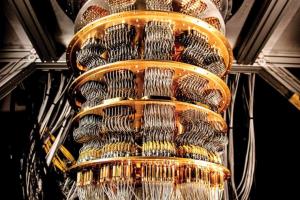DeCAF Seminar
Active galactic nuclei (AGN) drive powerful, multiphase outflows into their host galaxies which are expected to play a key role in galaxy evolution. However, exactly how small-scale accretion disc winds couple to the ISM to drive these outflows remains an open question. In this talk, I will discuss our AGN in Clumpy DisCs (ACDC) simulations which feature a physically-motivated AGN wind model embedded in an idealised galaxy disc with a resolved ISM, manually distributed in a clumpy substructure.







